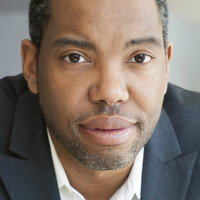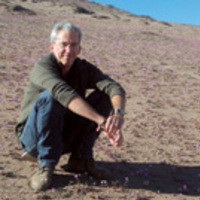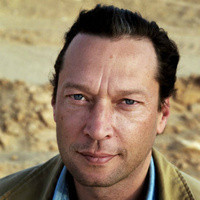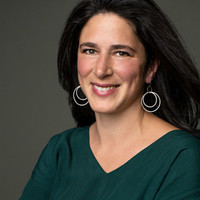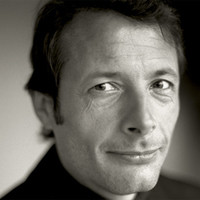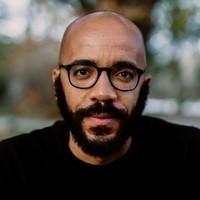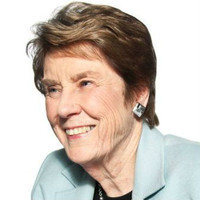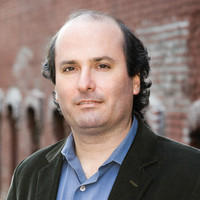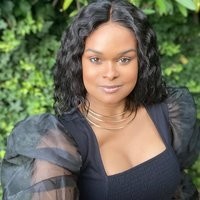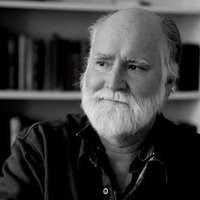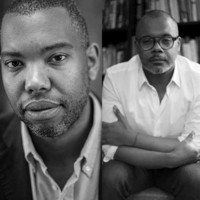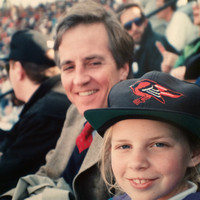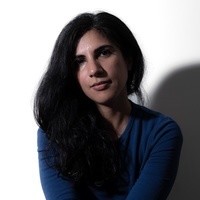Ta-Nehisi Coates is a national correspondent for The Atlantic. His latest book, Between the World and Me, just won the National Book Award.
“When I first came to New York, I couldn't see any of this. I felt like a complete washout. I was in my little apartment, eating donuts and playing video games. The only thing I was doing good with my life was being a father and a husband. That was it. David [Carr] was a big shot. And he would call me in, just out of the blue, to have lunch. I was so low at that point. ... He said, I think you're a great bet. ... He was remembering people who had invested in him when he was low. That more than anything is why I'm sad he's not here for all of this. Because it's for him. It's to say to him, you were right.”
Please become a Longform Supporter. Make your contribution here.
Thanks to MailChimp, Casper, Squarespace, MasterClass, and "The Message" for sponsoring this week's episode.
